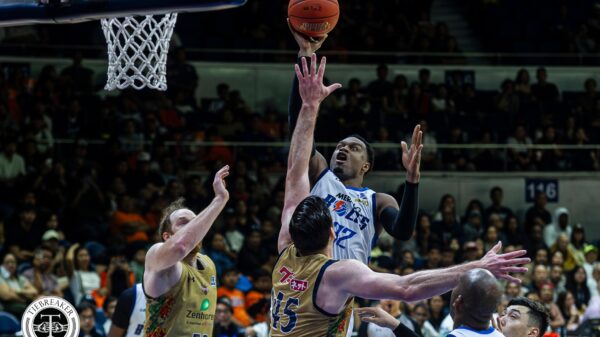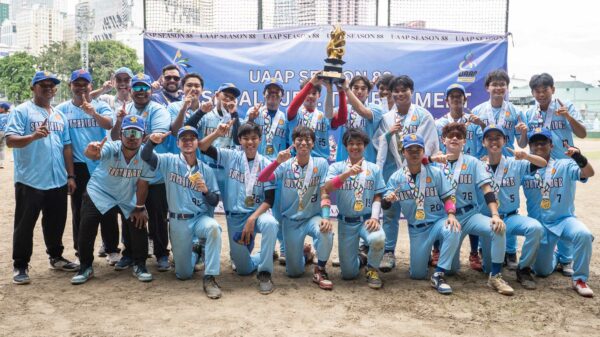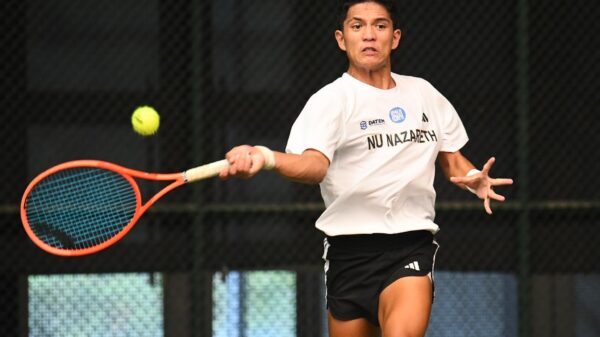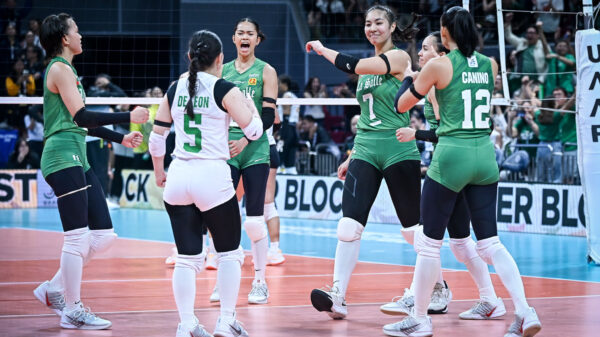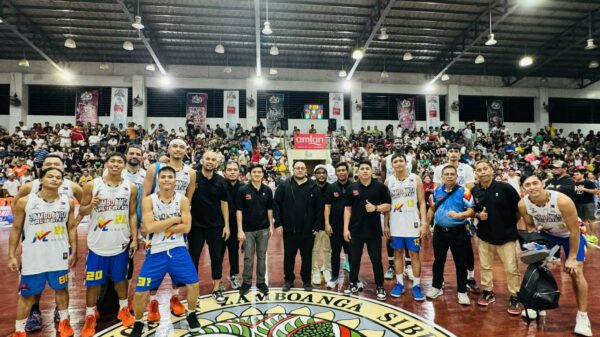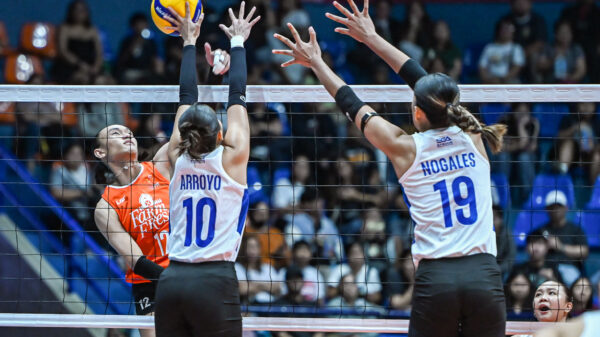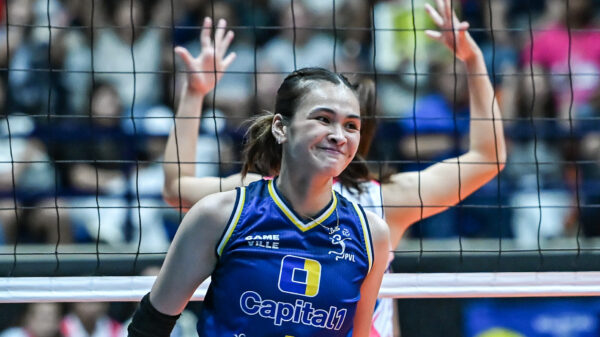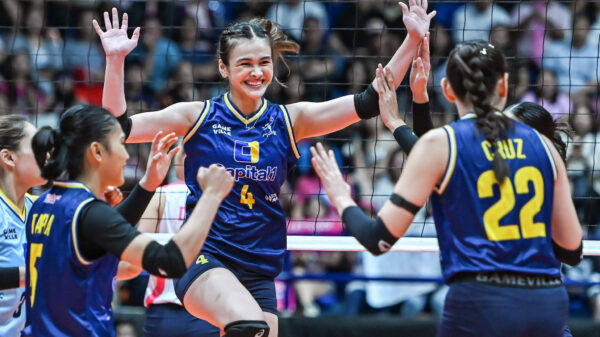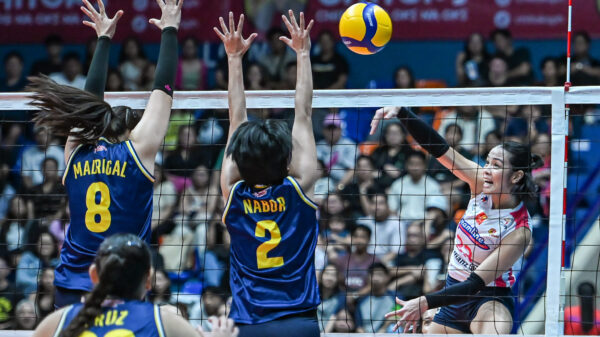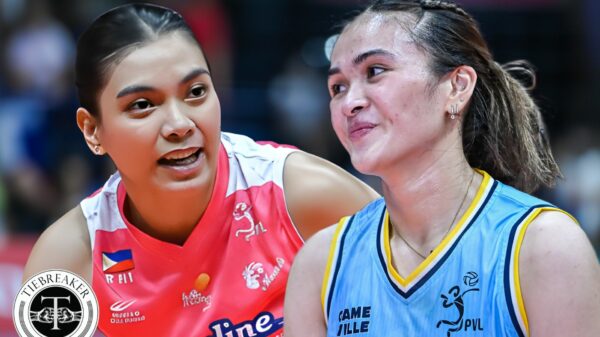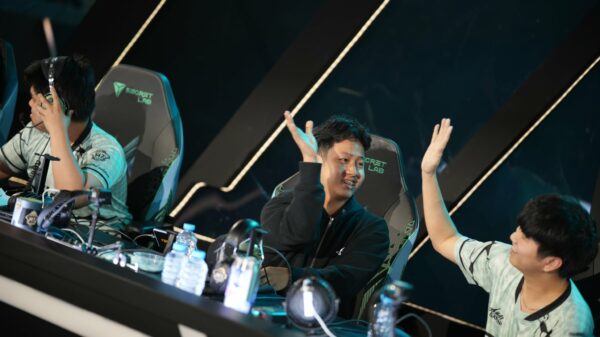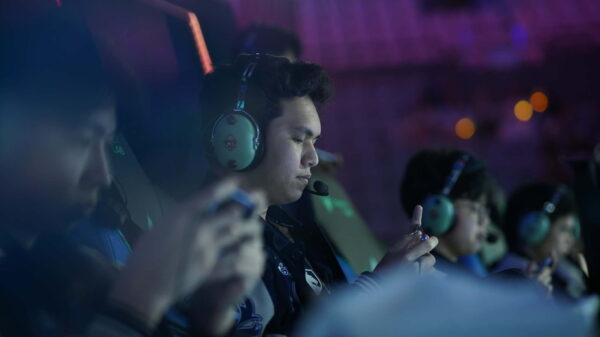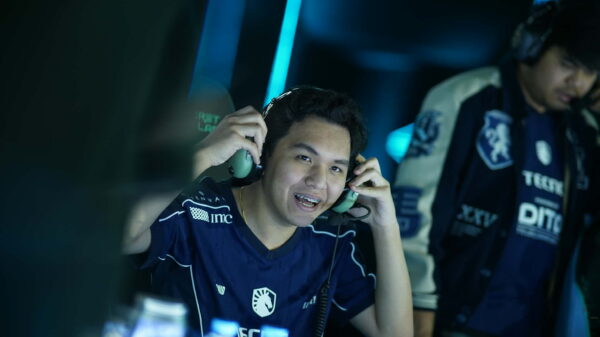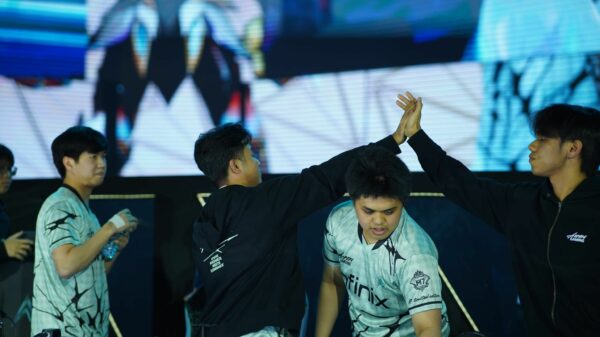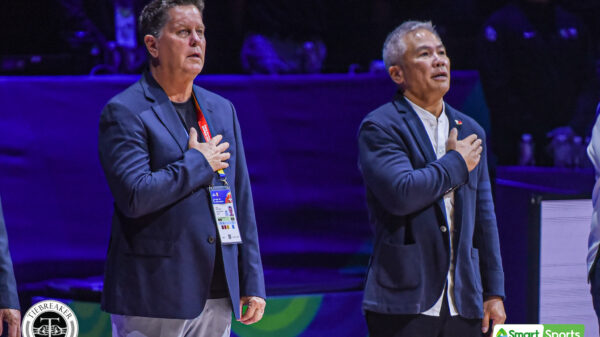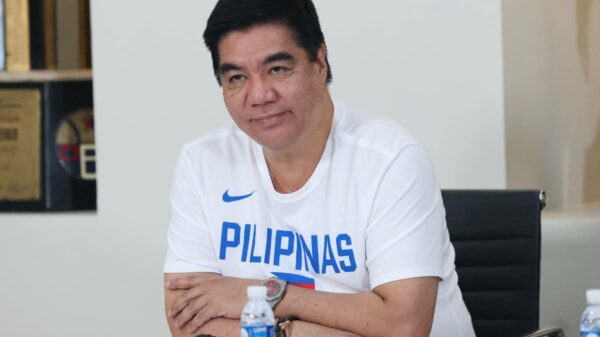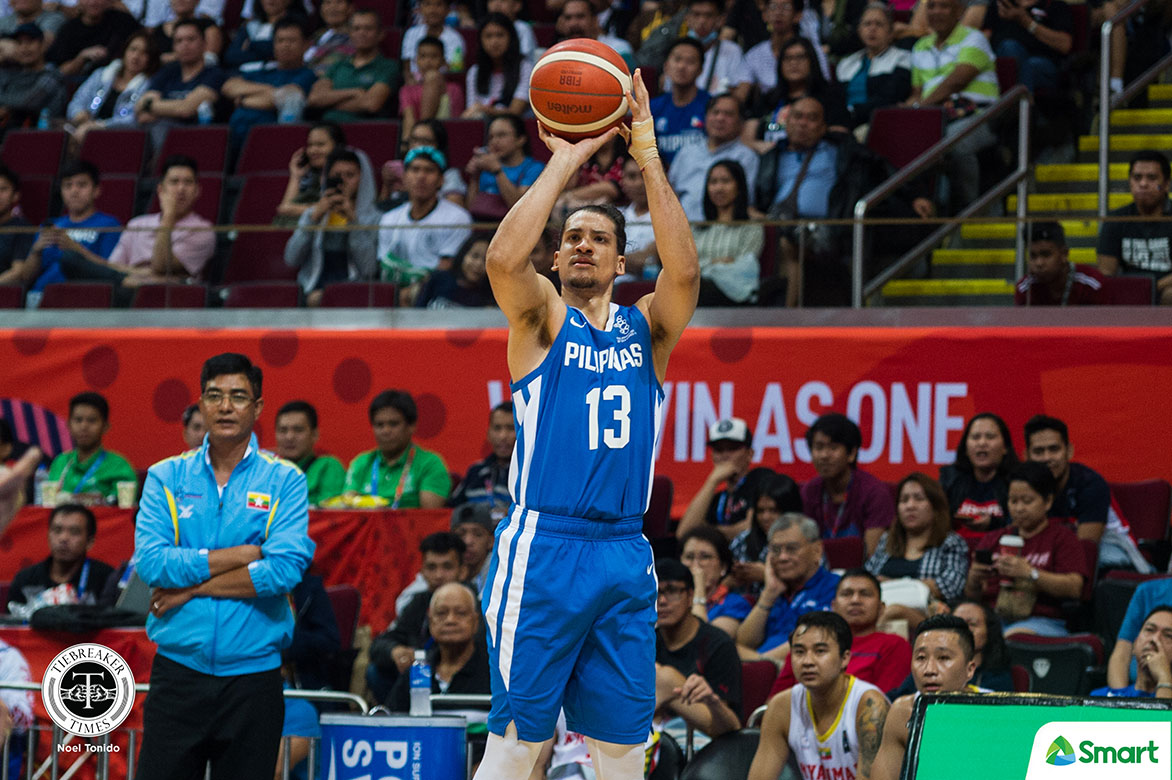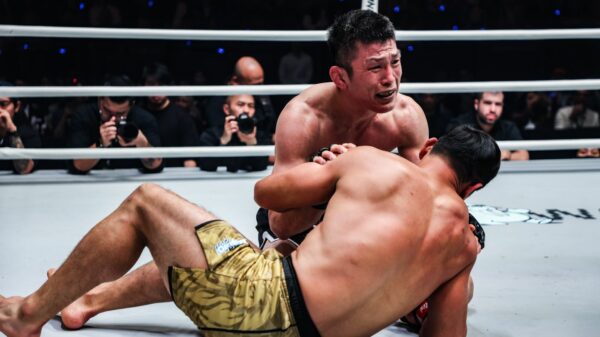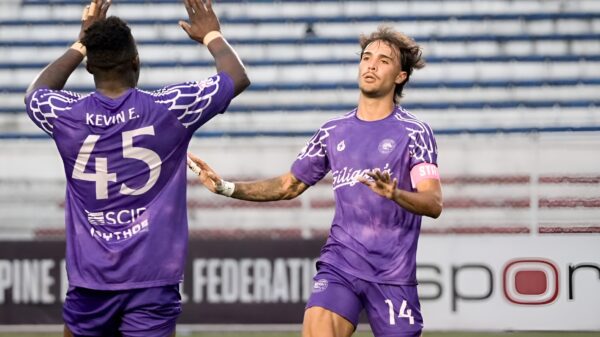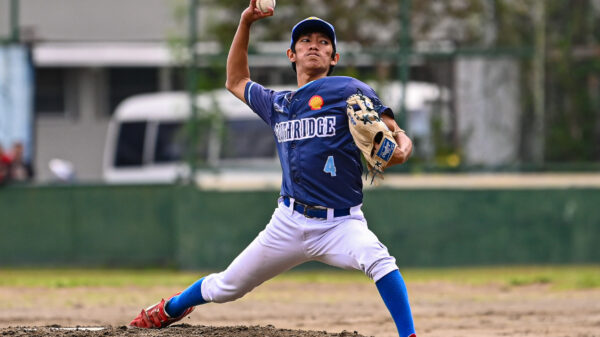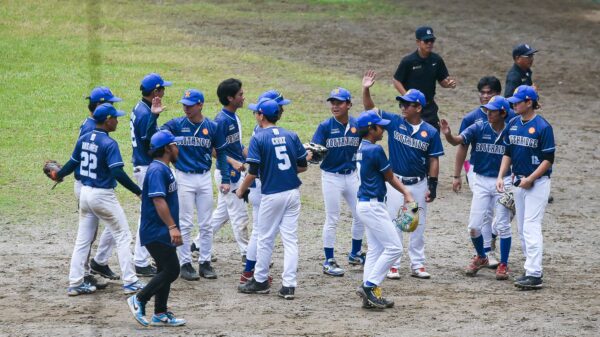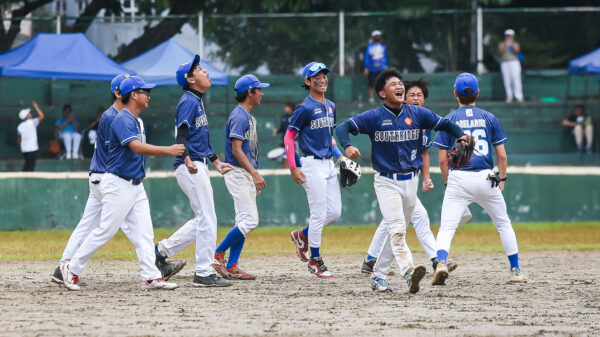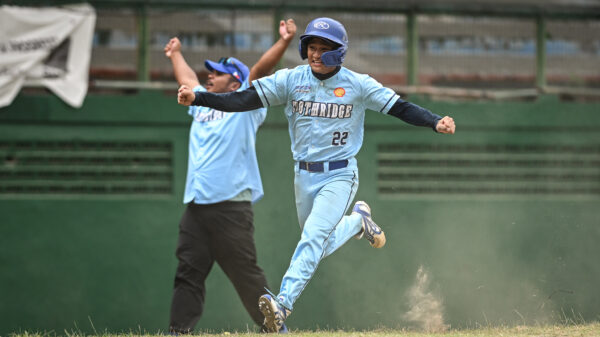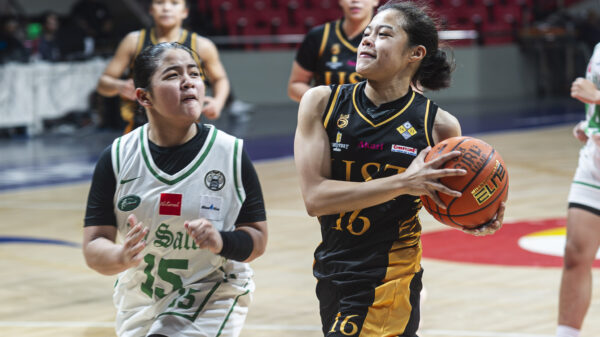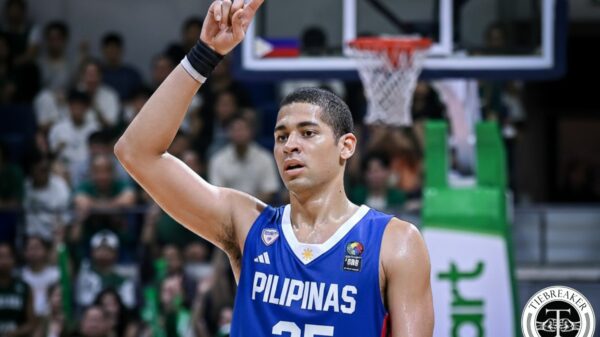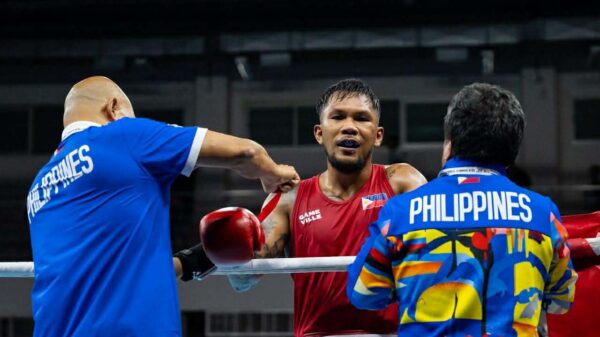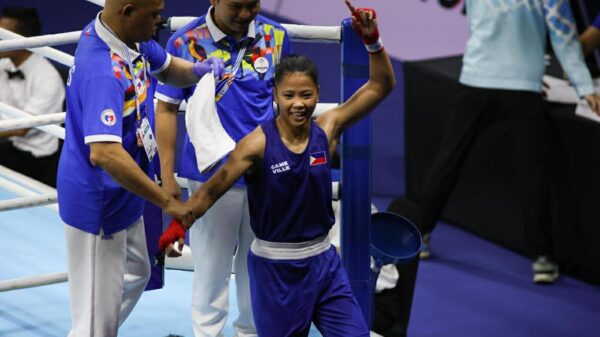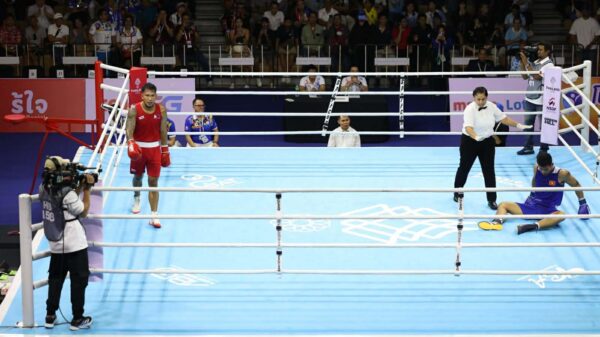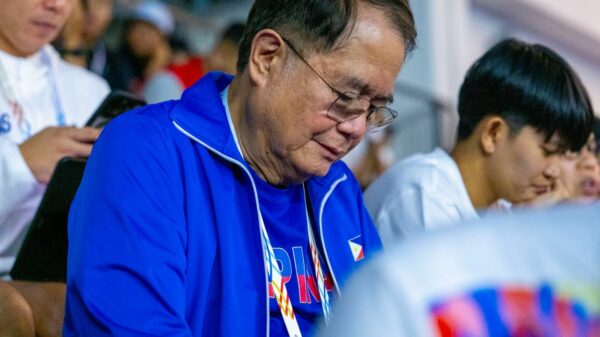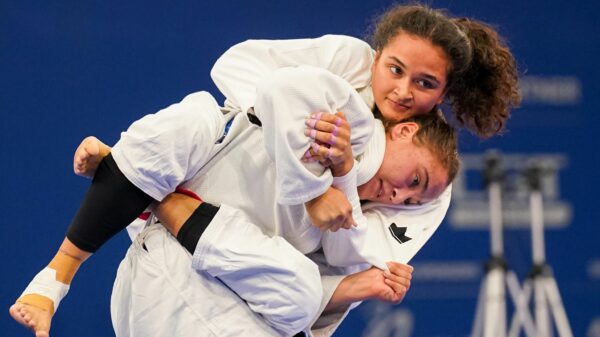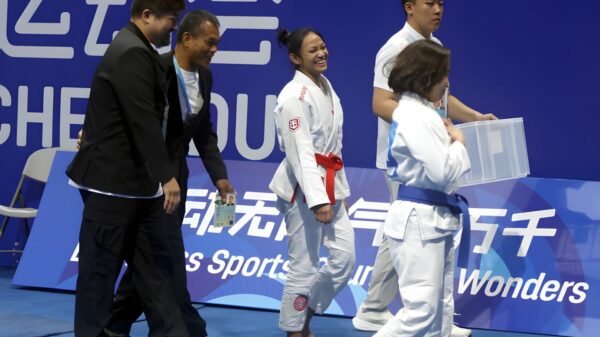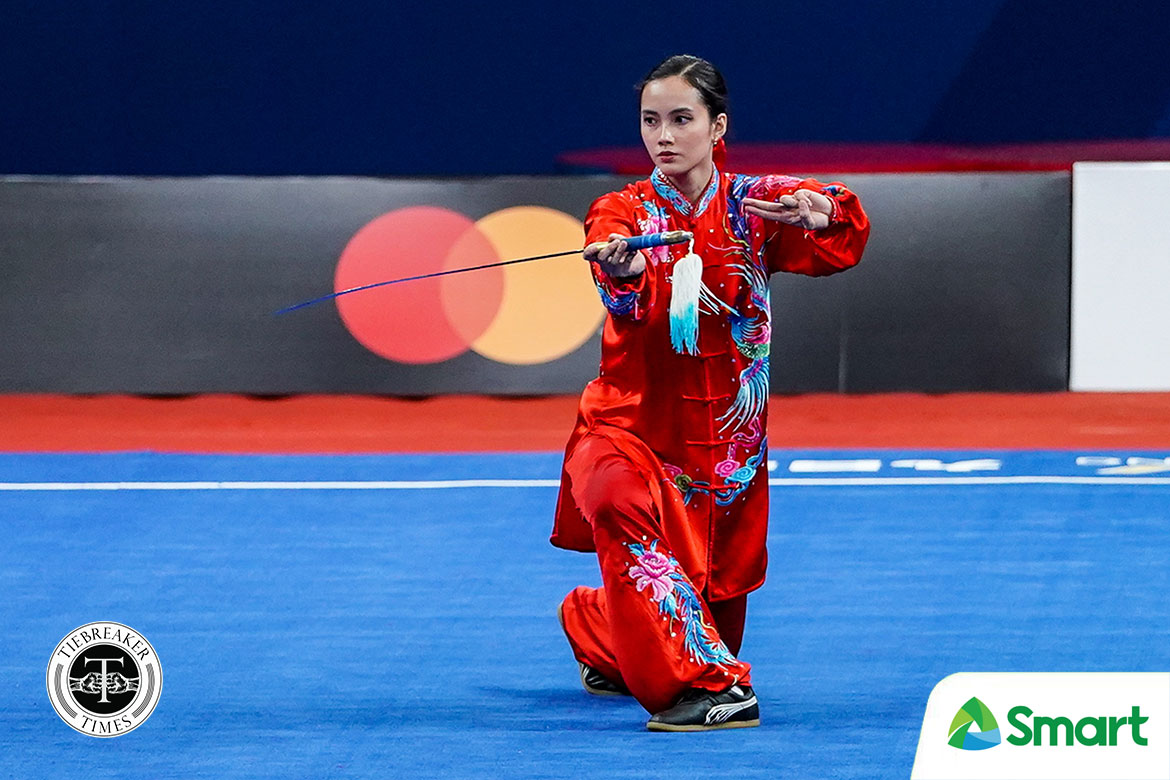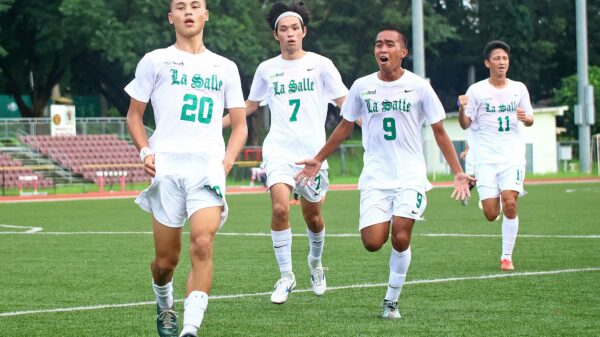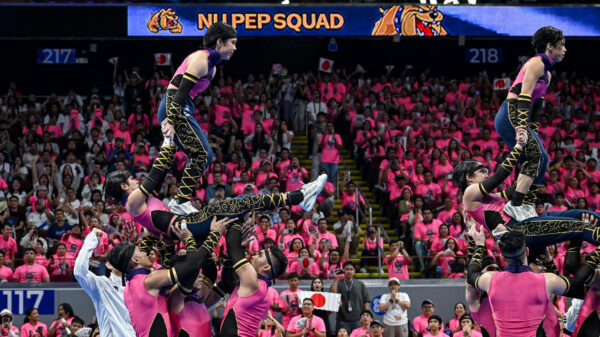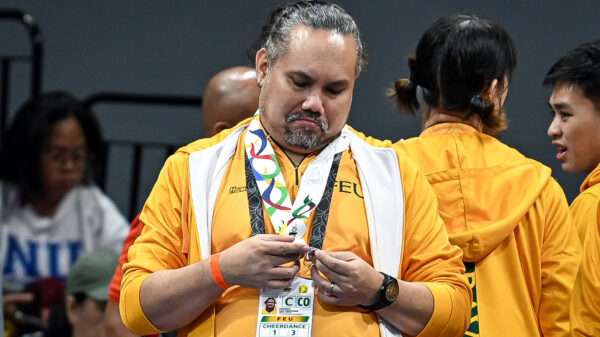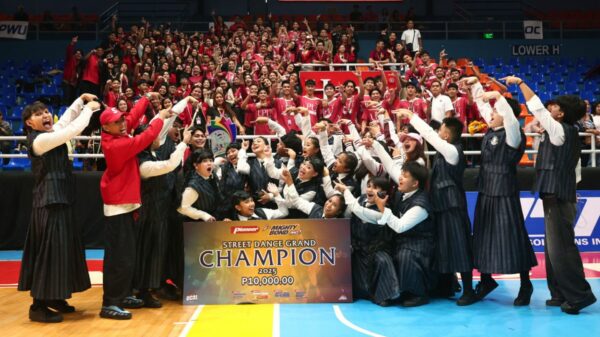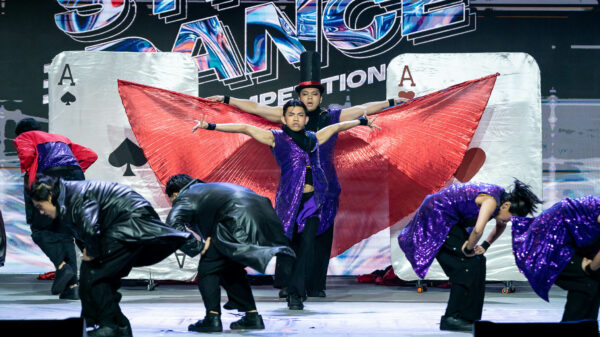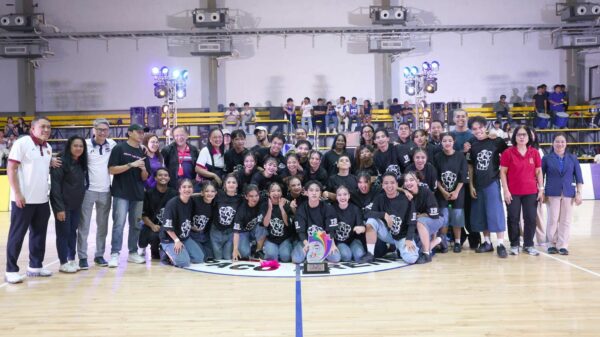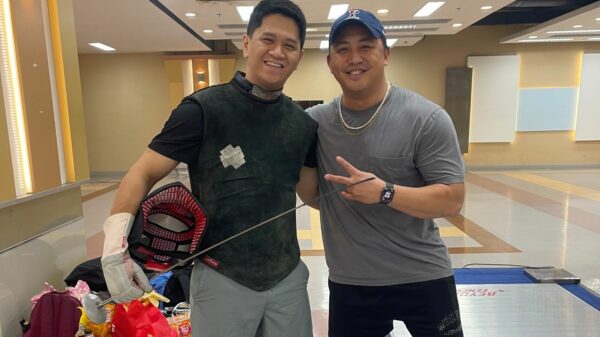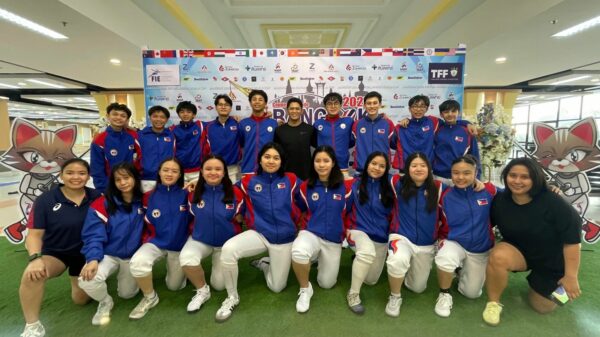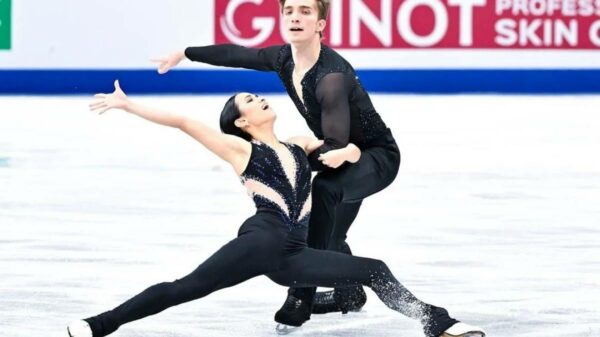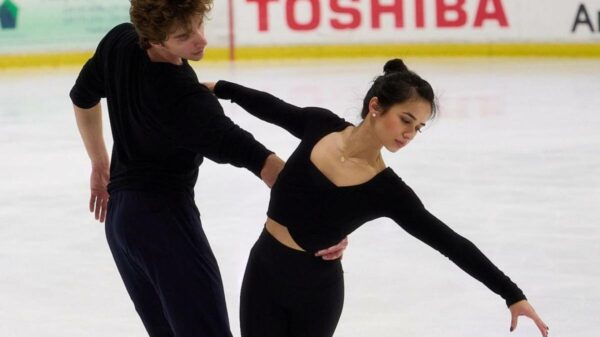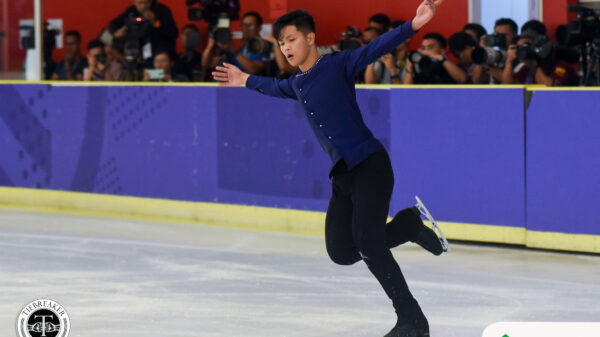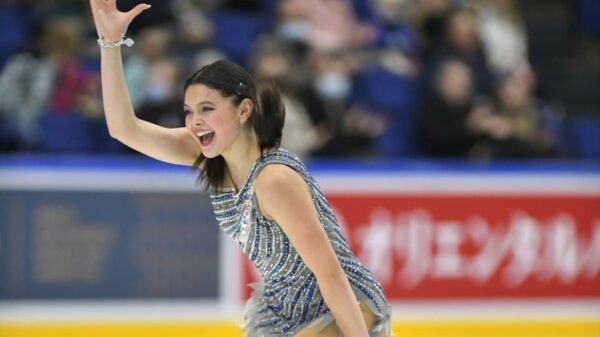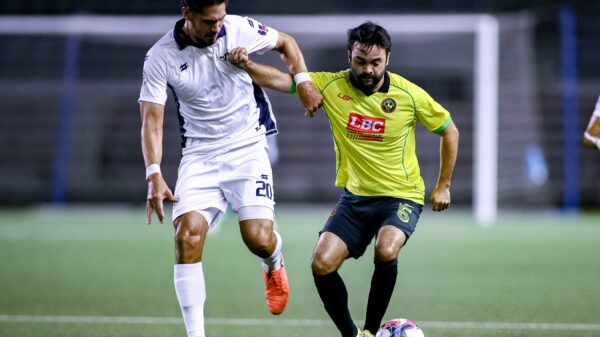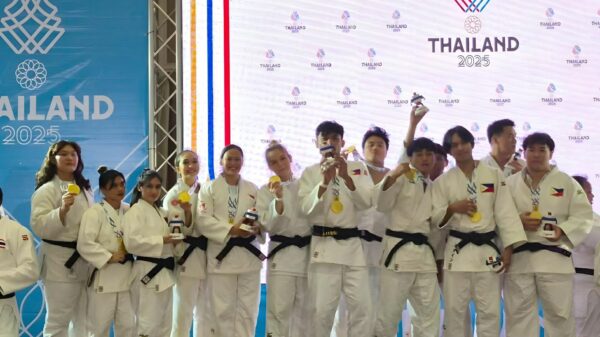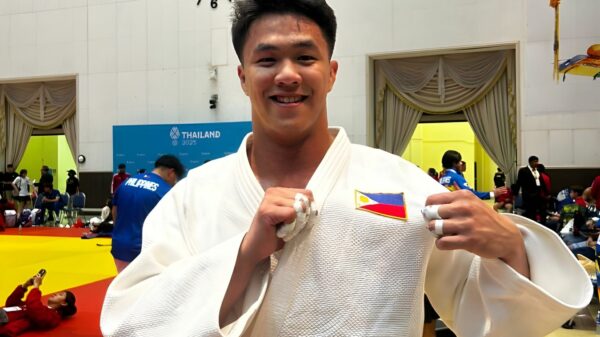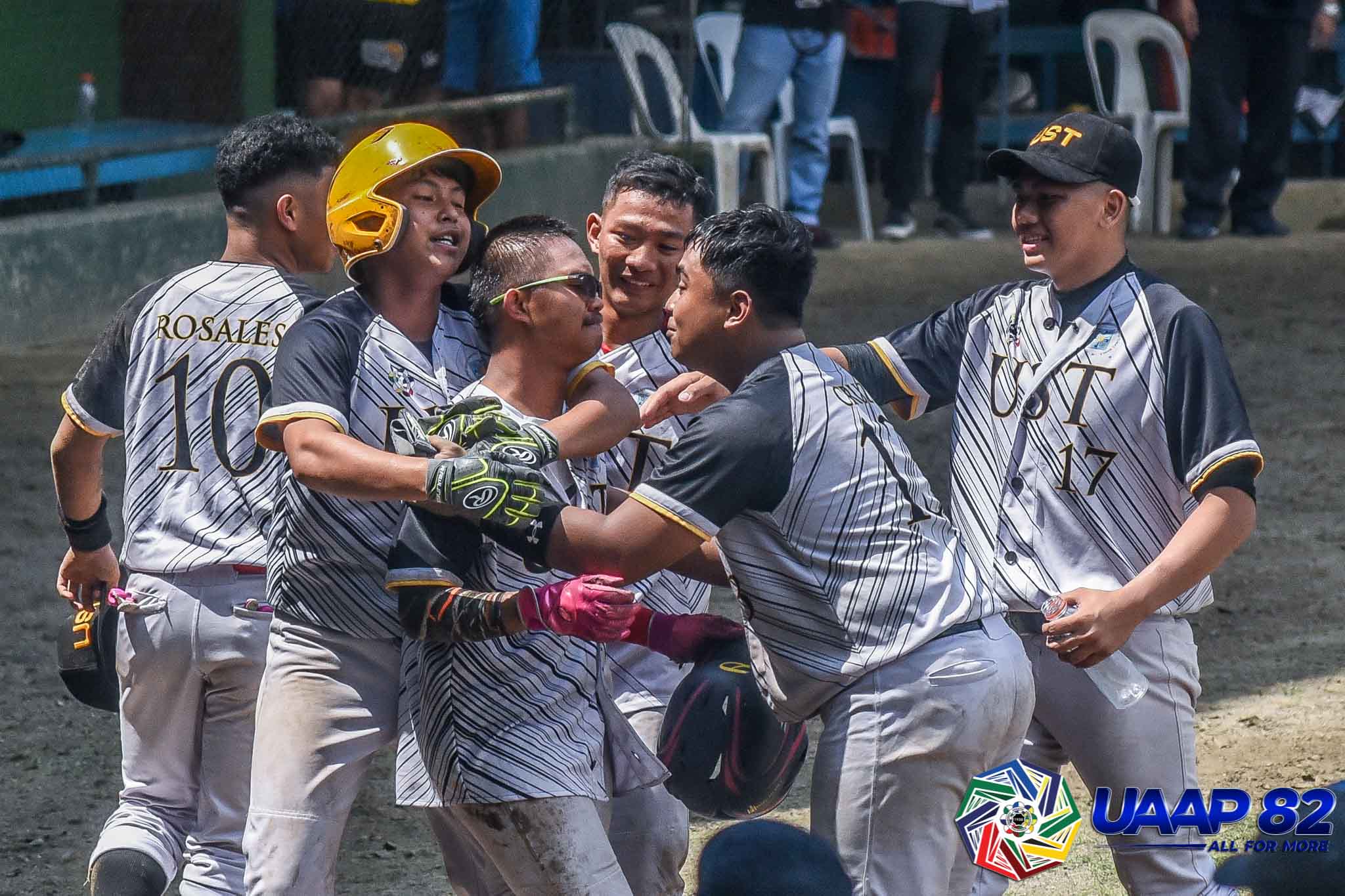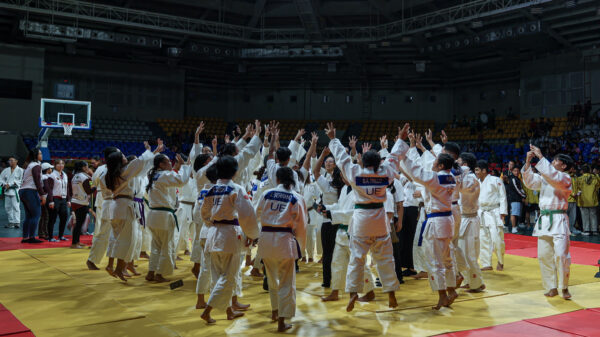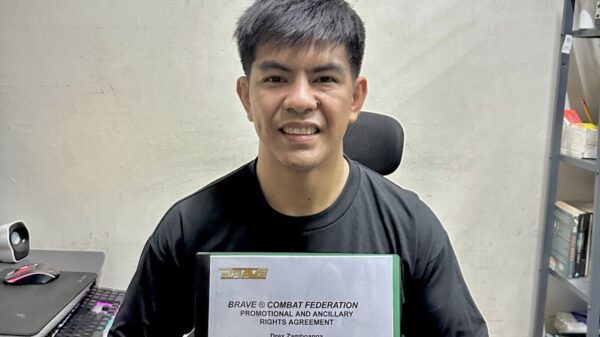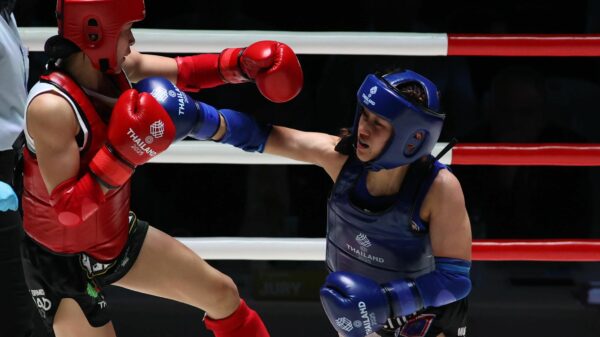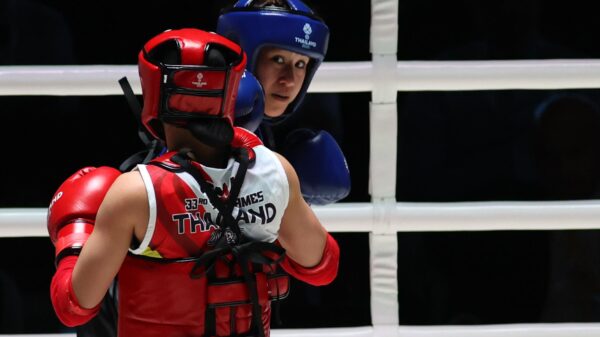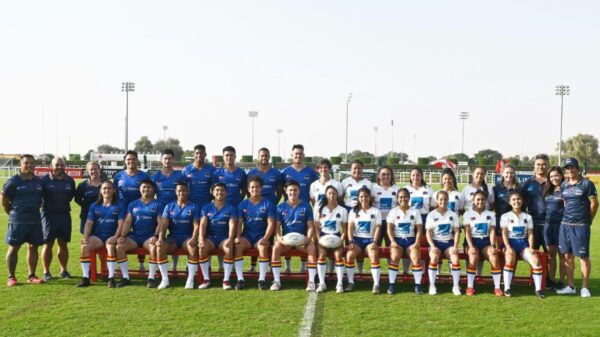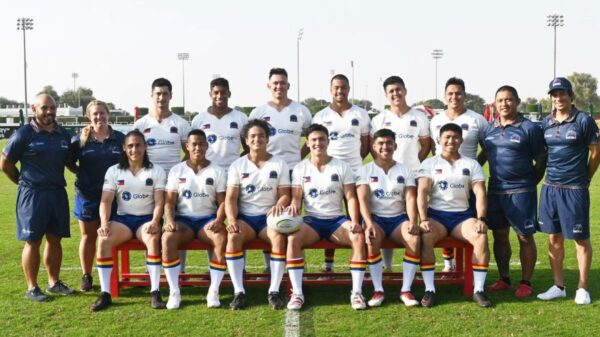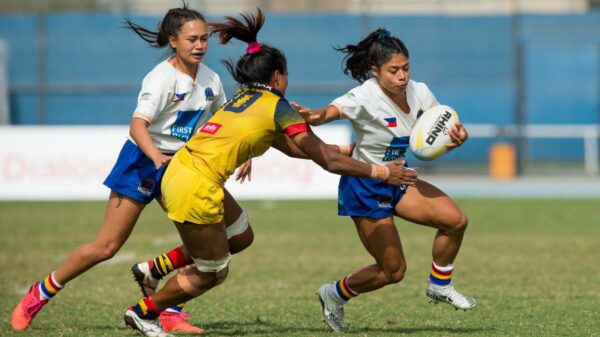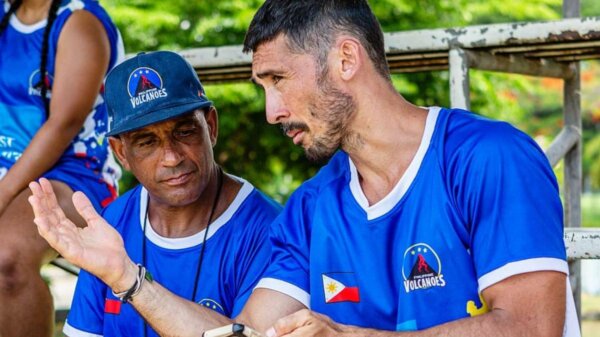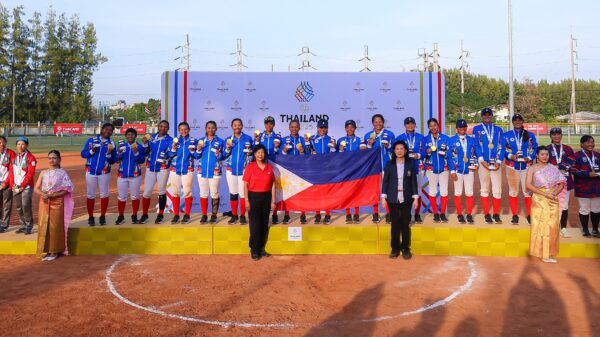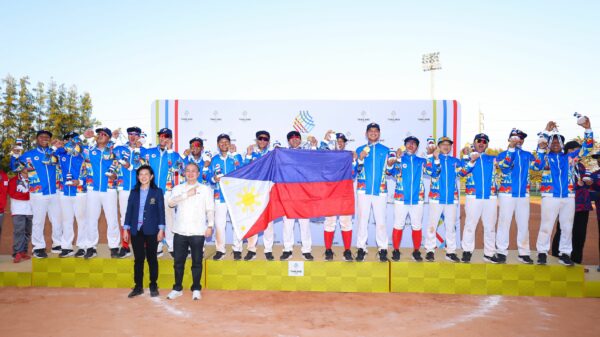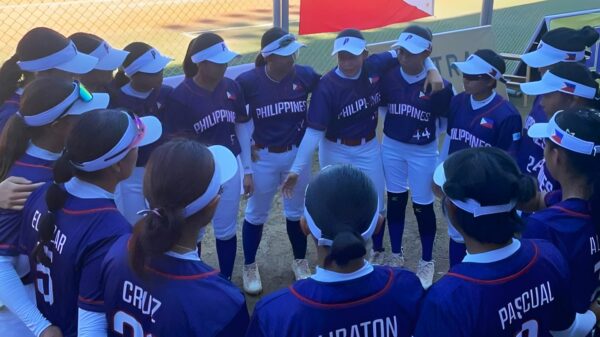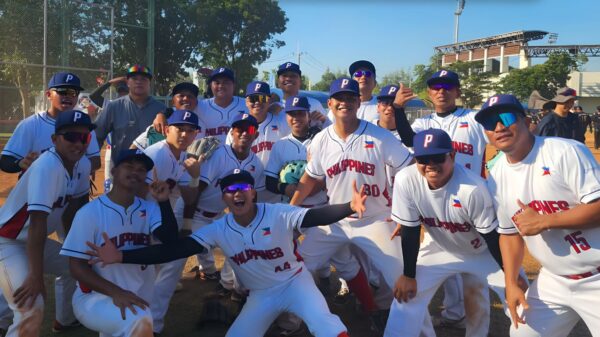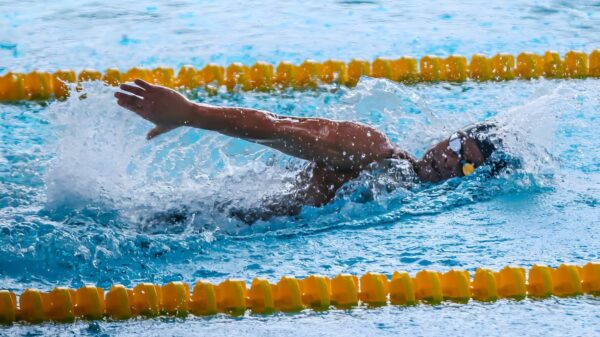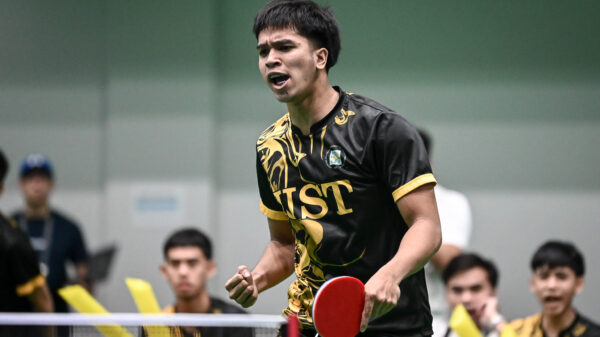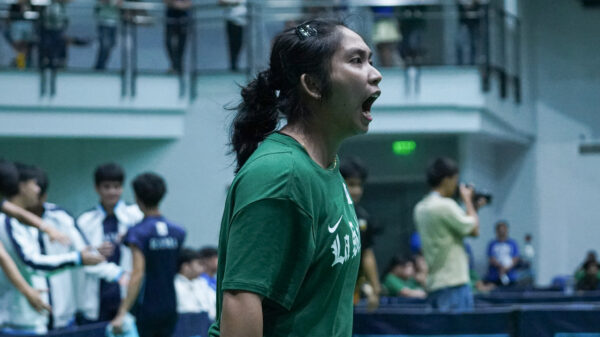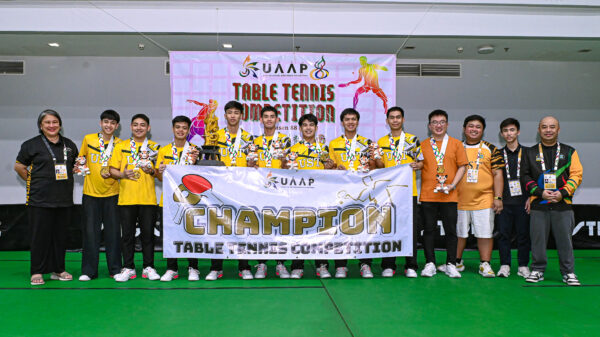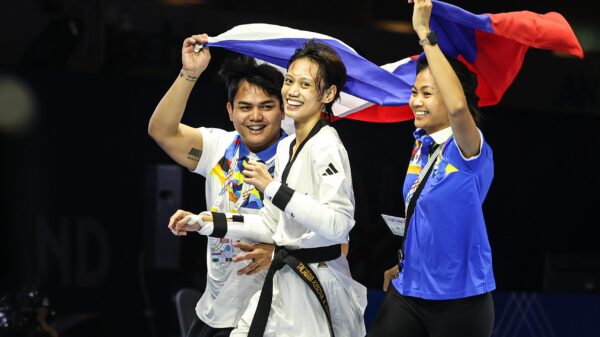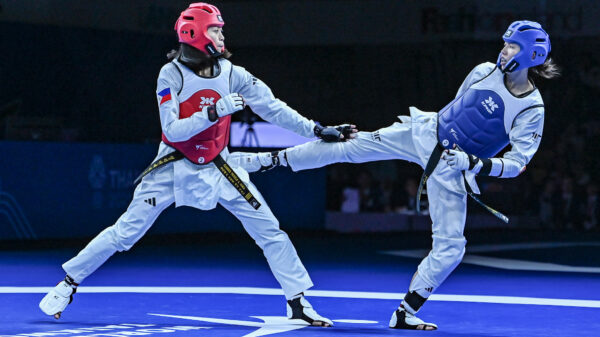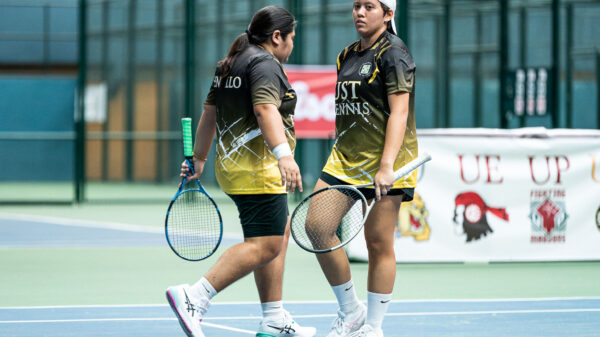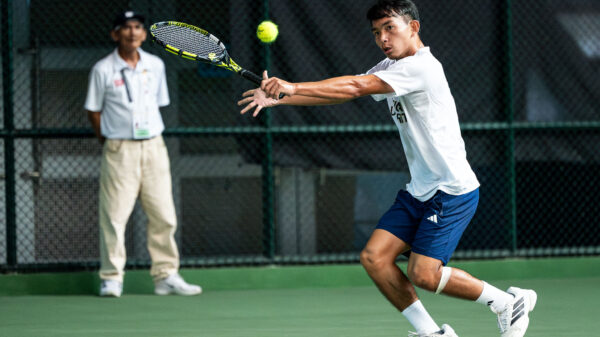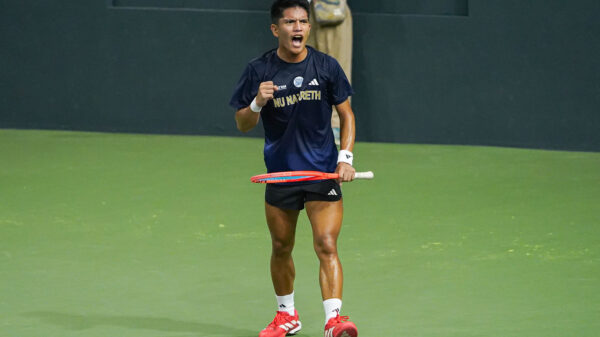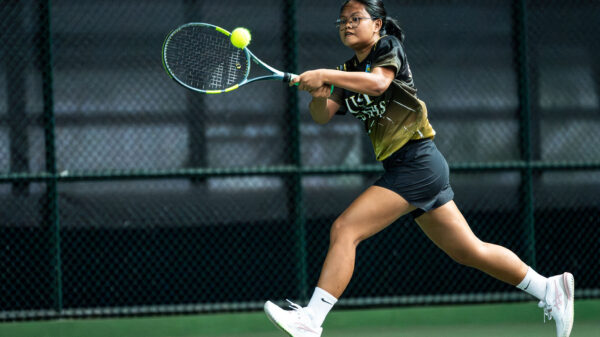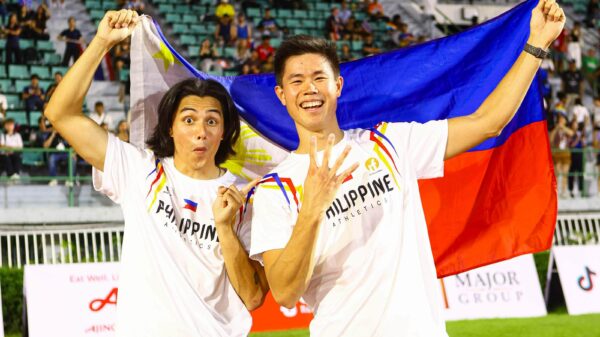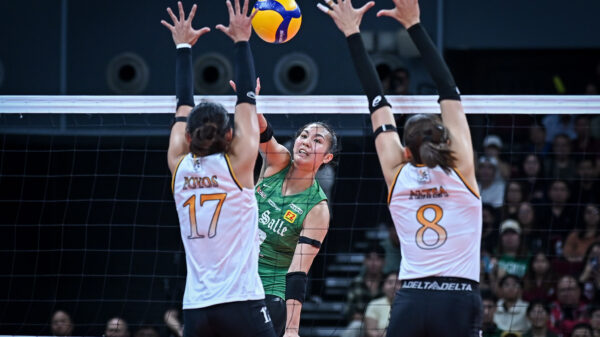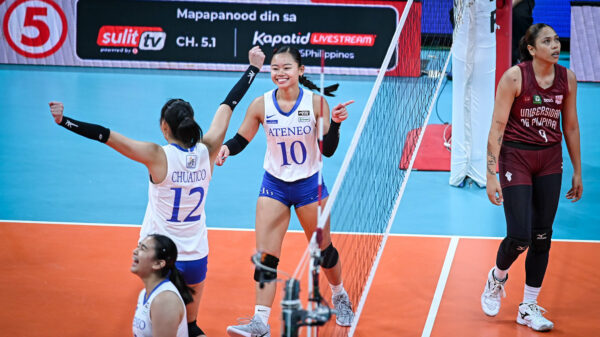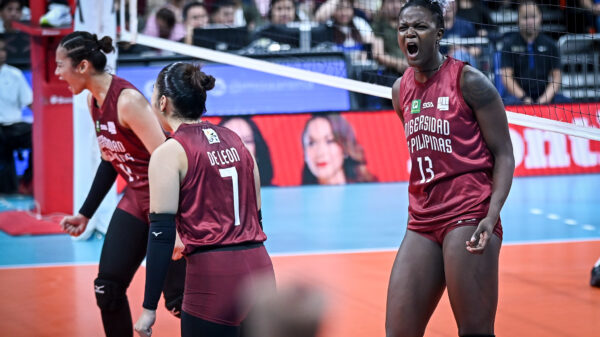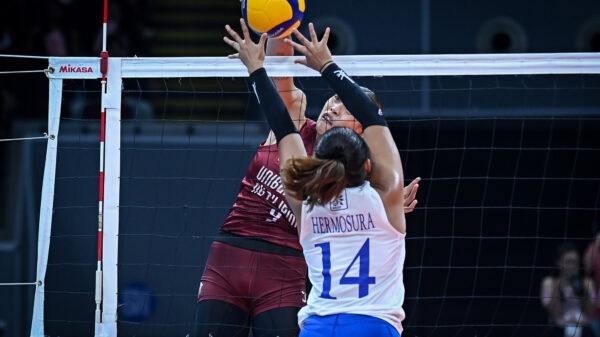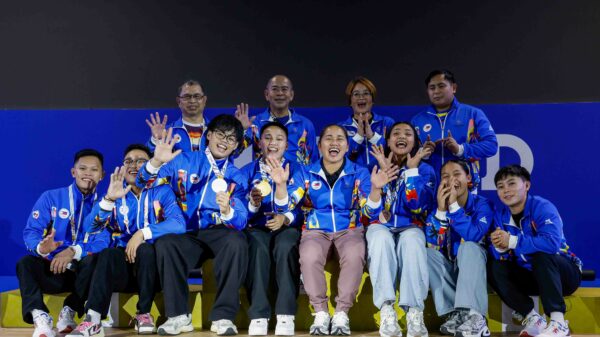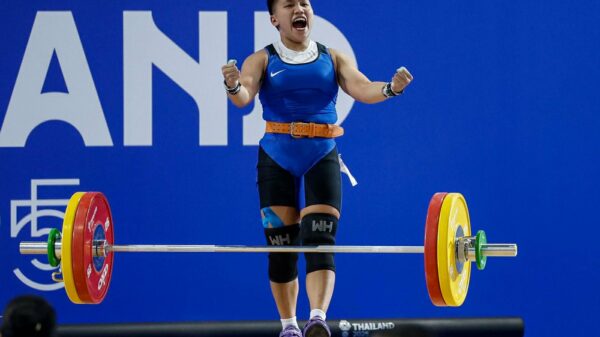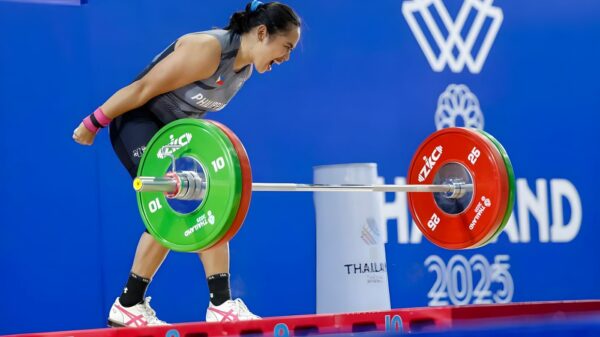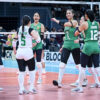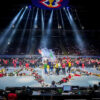What is the sound of a bad call happening?
First, a swoosh of a linesman’s flag. Then, the whistle sounding off a minute later to signal that a goal has been scored. The scoring team naturally celebrates and the game re-starts. But then silence from both teams amid confusion: the goal is overturned. The foul is called and a free kick is awarded. Play resumes, a few moments pass, and the referee blows the final whistle. “Das spiel ist aust”, as the Germans would say. The game is over.
These were the scenes from the game last August 23 after 90 minutes of regulation and 3 minutes of injury time were played between the Green Archers United-Women’s FC and Sikat FC, two club-level teams taking part in the PFF Women’s Cup at Rizal Memorial Stadium. The morning match-up ended in a controversial stalemate at 1-1 when a last minute own goal from Sikat defender Angelica Martinez was called a goal then subsequently nullified by referee Linjun Talaver.
The 93rd minute own goal, which would have secured a GAU-Women’s victory, was disallowed allegedly because of an earlier foul seen and called by assistant referee Cherry Mae Bernabe.
For further context on the earlier foul, football.com.ph reported in their game recap that the linesman “raised her flag for a foul but then hurriedly put it down.” After which, “the Sikat players on the pitch were up in arms demanding that the foul be called when Talaver suddenly signaled that the goal [in favor of GAU-Women’s] was rescinded.”
Talaver called the foul then “called for a free kick and then blew the final whistle right after,” said the report.

The GAU-Sikat FC game ended in a draw after a controversial finish
The game is over, GAU-Women’s have filed an official complaint, but some questions linger at that Sunday’s flurry of events.
First and foremost is why was the goal even disallowed when it had already been ruled a goal in the first place? Second, why did the linesman raise her flag, then put it down again, then put it up again?
Some leeway is granted to referees when deciding calls—the referee can confer with other match officials to determine the appropriate call—but did the vehemence on the part of the players for the referee to call the foul become a factor in the flip-flopping decisions? And again, despite the in-game confusion, why was the goal overturned?
According to PFF Women’s Committee official Jowe-Ann Baruga, the match review of the GAU-Women’s and Sikat match-up is on-going, and pending further investigation, lineswoman Cherry Mae Bernabe has been suspended from officiating at least two matches in the PFF Women’s Cup. Now, while we collectively wait for the turn of events that will put the issues to rest, other instances point to inadequacies when it comes to training referees and reviewing their match performance in the country.

Swing and miss – In a separate incident in the PFF Women’s Cup, FEU player Tam Pachejo (left) threw a punch at Ateneo striker Fiona Faulkner (right). Fortunately, the punch missed its target, but unfortunately, the referee missed the call too. Not even a yellow card was issued.
Earlier this year in the UFL, the Manila Times reported that Ceres La Salle FC head coach Ali Go complained of “bad officiating” after winning against Loyola Meralco Sparks FC. According to the report, “[Coach] Go expressed his dismay despite a compelling 5-2 win against [Meralco]” citing that the referee had called several of their games in the past and noted that there was a pattern of bad calls against Ceres. In 2012, Interaksyon.com similarly reported an instance of protest against “bad officiating” in the UFL. After an 8-1 loss to Meralco, Nomads Auction Manila coach Michael Denison resigned from his post saying that while “there is no doubt that Loyola are a fantastic team” and deserved the win there are “all kinds of small things that the officials are repeatedly letting go. It’s like we are playing different rules to the rest of the world,” he said, according to the report.
Coach Denison added that while “Quality of football is probably 10 times higher than it ever was…that can’t be said about the referees. Worst part is nobody does anything and referees are deciding games right now.”
The job of a referee is understandably a difficult one, especially when decisions need to be arrived at with imperfect information. The referee along with the two assistant referees can’t possibly hear everything and see everything that goes on in a pitch with 22 different individuals. Its sports and things happen in the heat of the moment. Human error affected the outcome of the match played last Sunday, and questionable calls happen with alarming regularity in the UFL, but what human effort will take place after the dust settles down?
In the spirit of fair play, officials of the sport have the utmost important task of enforcing the Laws of the Game. I say officials because in the same way that an 11-a side squad is made up of players, they are also enabled by the guidance of a coaching staff and those acting behind the scenes. In sports governance, officials not only include the referees, but also those who ensure that they get the adequate training so that they may improve in their field as well.
The PFF has been commendable in organizing this year’s Women’s Cup with all games held at the iconic Rizal Memorial Stadium, but what measures will be taken to ensure that the league can run its course with the least amount of controversy? It would be interesting now to see how the PFF, the league organizer, will handle the GAU-Women’s complaint, and how the governing body of football in the country will address the obvious need to improve the refereeing infrastructure. The level of play of football is on the rise, but the same can’t be said for officiating.
We need to take officiating more seriously because it is the other side of the model for development: you need good players like you need good coaches like you need good officials.
It may be that “bilog ang bola” and anyone can win in a match, but it is the officials’ job, from the referees and tournament organizers, to make sure the game runs its course with the least amount of outside interference. Let the games be won by the actions of the players and not the mistakes of officials. “Good officiating” can be a subjective term, but in all sports we need those who apply the rules of the game, and we need those individuals to know that their job is important because their actions affect others.
We need to take refereeing more seriously because we take our games seriously.





